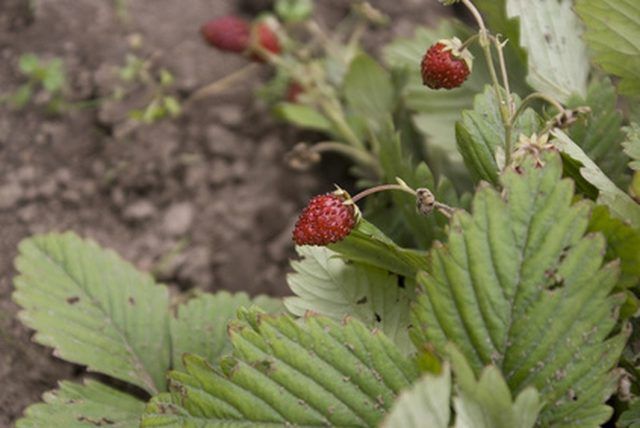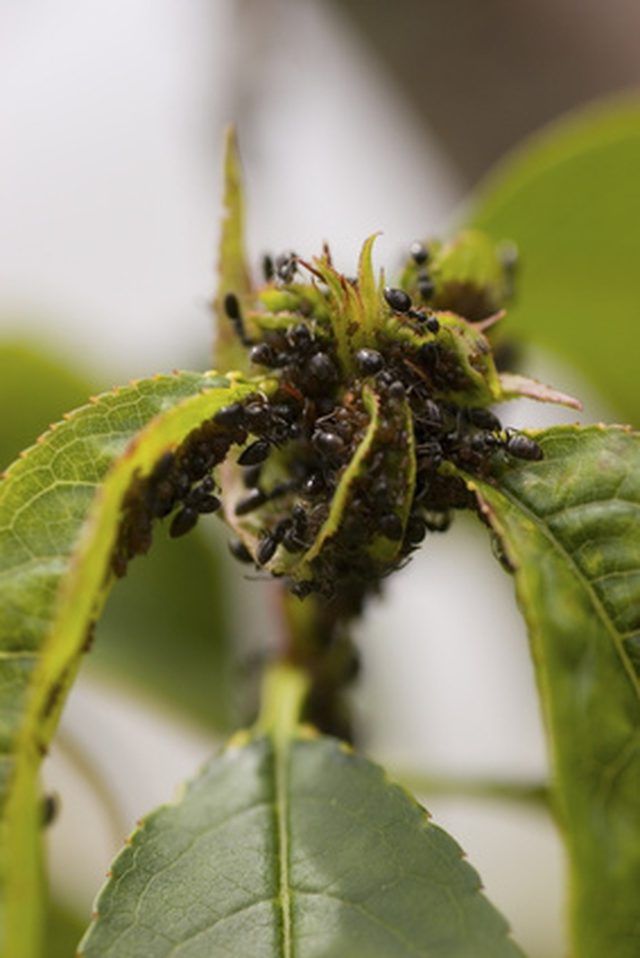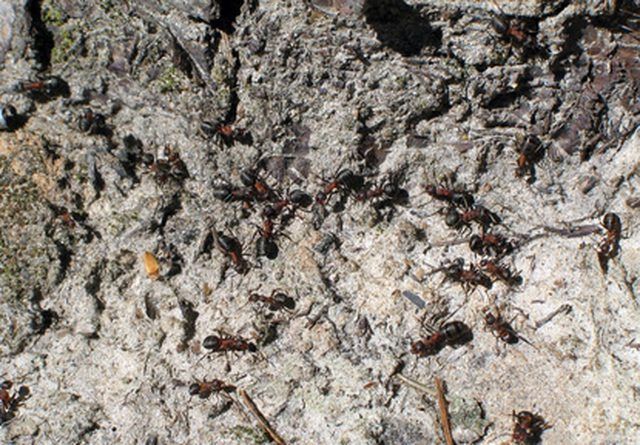Bulbs
Flower Basics
Flower Beds & Specialty Gardens
Flower Garden
Garden Furniture
Garden Gnomes
Garden Seeds
Garden Sheds
Garden Statues
Garden Tools & Supplies
Gardening Basics
Green & Organic
Groundcovers & Vines
Growing Annuals
Growing Basil
Growing Beans
Growing Berries
Growing Blueberries
Growing Cactus
Growing Corn
Growing Cotton
Growing Edibles
Growing Flowers
Growing Garlic
Growing Grapes
Growing Grass
Growing Herbs
Growing Jasmine
Growing Mint
Growing Mushrooms
Orchids
Growing Peanuts
Growing Perennials
Growing Plants
Growing Rosemary
Growing Roses
Growing Strawberries
Growing Sunflowers
Growing Thyme
Growing Tomatoes
Growing Tulips
Growing Vegetables
Herb Basics
Herb Garden
Indoor Growing
Landscaping Basics
Landscaping Patios
Landscaping Plants
Landscaping Shrubs
Landscaping Trees
Landscaping Walks & Pathways
Lawn Basics
Lawn Maintenance
Lawn Mowers
Lawn Ornaments
Lawn Planting
Lawn Tools
Outdoor Growing
Overall Landscape Planning
Pests, Weeds & Problems
Plant Basics
Rock Garden
Rose Garden
Shrubs
Soil
Specialty Gardens
Trees
Vegetable Garden
Yard Maintenance
Ants & Strawberry Plants
Ants & Strawberry Plants. If ants are in your strawberry bed and chew on some strawberries, don't get into a frenzy to get rid of them. First, be sure they are the ones doing the eating, since ants often eat berries when the outer crust is gone, taking over where other insects left off. You also need to weigh the problem they're causing against the...

If ants are in your strawberry bed and chew on some strawberries, don't get into a frenzy to get rid of them. First, be sure they are the ones doing the eating, since ants often eat berries when the outer crust is gone, taking over where other insects left off. You also need to weigh the problem they're causing against the potential benefits of leaving them there.
Negative Side
Ants can cause damage in your garden. They can eat most of your strawberry yield and infest your strawberry bed with aphids. In addition, when ant populations increase, they need more room and will cover strawberry sprouts with dirt to build nests, killing the sprout. They also like to eat the fresh strawberry sprouts.

Positive Side
In your garden, ants are pollinators and aerate the soil, and when they burrow from the surface to the subsoil they recycle nutrients. Ants will clean up dead bugs, dragging them into their colony to eat, and they help control the population of other insects.
If you decide the negatives outweigh the positives, you have three basic ways to control ants: chemical pesticides, natural insecticides or ingenuity.

Chemical Pesticides
Pesticides and chemical insecticides have a pesticide classification because of the type of chemicals they contain. A number of other products, for weed and insect control, are in the same class. They all contain chemicals that kill and are thus regulated by the Environmental Protection Agency.
The use of chemicals can be dangerous to plants and humans. Always read and follow the instructions on the label before using the product.
Natural Insecticides
A number of natural products are available to rid your strawberries of ants. One is diatomaceous earth, also called diatomite, a soft rock that breaks into a white powder and dehydrates the ants. The powder sticks to ants and they carry it back to the colony, where it is spread. In addition, numerous safe, natural insecticide sprays and powders are available, which are safe for use.
As with pesticides, follow the instructions on the label.
Ingenuity
Ants do not like a wet habitat, so every couple of days pour a bucket of water on an anthill; after dousing them two or three times, the whole colony should move. In addition, people have reported success ridding an area of ants by putting used coffee grounds around anthills, or you can purchase nematodes, roundworms that eat ants.
Preventive Maintenance
Preventive maintenance includes not planting your strawberry bed where other plants and vegetables were within the past two or three years. Ants already might have a colony in the area. In addition, replanting your strawberry bed every three or four years keeps ants from becoming established.